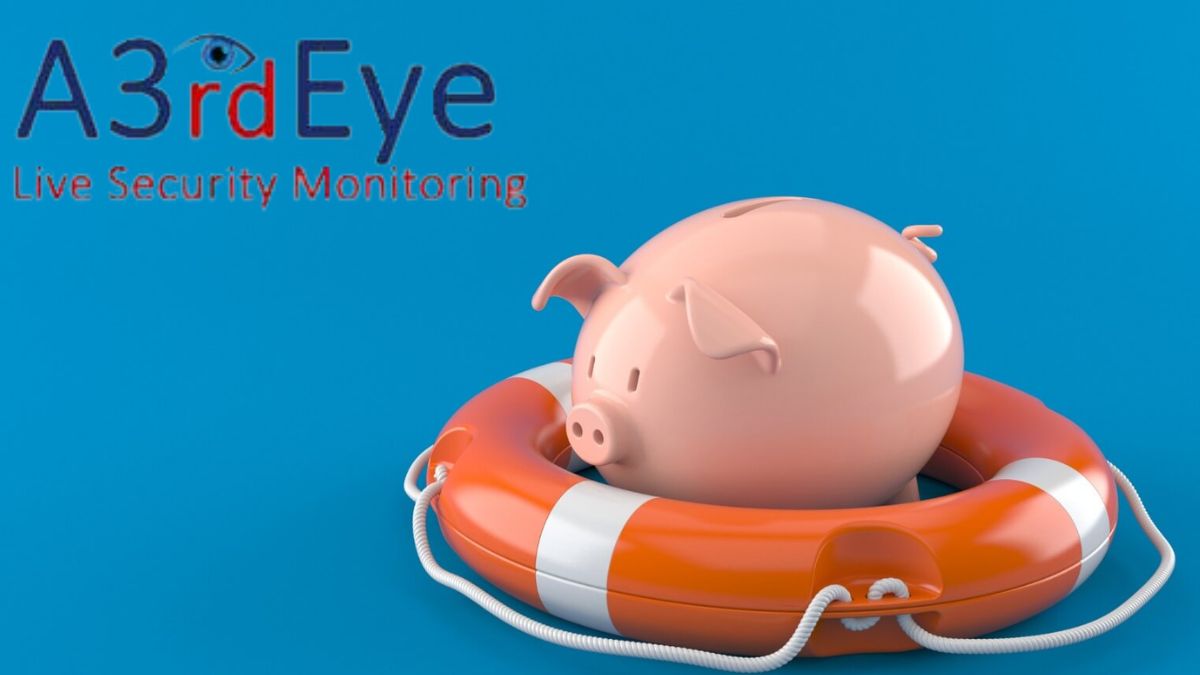
Understanding Financial Emergencies vs. Non-Emergencies
Understanding Financial Emergencies vs. Non-Emergencies: To prevent more damage or disruption to your financial stability, you must act swiftly in the event of a financial emergency. The following are typical features of such instances:
Unpredictability: They seem to pop up suddenly and take you by surprise.
Urgent: Measures must be taken right away to lessen the impact.
Neglecting to deal with them could result in catastrophic financial loss.
Examples
In the case of a medical emergency, you may need to pay for treatment or procedures not covered by your health insurance.
We are experiencing a drop in income due to unexpected unemployment.
Natural disasters: the insurable loss of a home or other property.
Significant expenses for fixing damaged vehicles or treating injured passengers following an auto accident.
Recognizing Financial Difficulties That Aren’t Emergencies
However, financial issues that aren’t an emergency are more predictable and controllable. These situations don’t call for instant response and can be handled with forethought and preparation.
Normal Conditions
Budgeting for a holiday or a long-awaited vacation.
You are improving your home by making changes to it over time.
Budgeting and study surrounding the acquisition of a new automobile.
Saving for your kid’s university education is an investment in their future.
Tips for Being Financially Ready for Any Scenario
Being financially secure means always being ready for a crisis.
Creating a Rainy-Day Fund
An emergency fund is a savings account set aside expressly for use in times of financial crisis. Three to six months’ worth of living costs is a good target. This fund can cover emergencies without using high-interest options like credit cards or loans.
Protected by Insurance
The importance of having enough insurance coverage cannot be overstated. Insurance, such as health, home, vehicle, and life, can ease the financial strain during difficult times.
Making Money Choices That Aren’t Urgent
A level head is required when making non-urgent financial choices.
Budgeting
Budgeting helps you set aside money for trips, renovations, and schooling. This allows you to fulfill your goals without breaking the bank.
Budget Objectives
Determine how much money you can save and by when. Set your priorities straight and invest regularly in reaching your goals.
Why Learning About Money Is Crucial
The best defense against economic uncertainty is knowledge.
Materials and Methods
Learn about personal finance using free tools, applications, and online courses as much as possible. When you have more information, you can make better choices.
Consultation with Experts
Always consult a professional when in doubt.
Consultants in Finance
A financial advisor can give you individualized advice and assist you in developing a detailed plan to achieve your financial objectives.
Money Advisors
Credit counselors can help you manage your money and create a strategy to enhance your credit score if you struggle with excessive debt or credit problems.
Gaining Financial Independence
You may take charge of your financial destiny by distinguishing between true financial emergencies and less pressing needs. Gain security and confidence in your financial future by saving for emergencies, buying insurance, and making other well-informed choices.
Conclusion
In conclusion, it’s crucial to your financial health to tell the difference between emergencies and other expenses. You may put yourself on the path to financial stability by saving money regularly, setting aside an emergency fund, and budgeting carefully for large, upcoming purchases.
Can you recommend a minimum amount for an emergency fund?
It would help to have at least three to six months’ worth of spending in an emergency fund.
To what extent do I need to worry about insurance?
It would help to have health, home, car, and life insurance for complete protection.
When it comes to money, what are some ways I may learn more?
Learn as much as you can about money management by reading books, taking courses, and searching the web.
At what point should I speak with a financial planner?
If your financial goals are more involved or you want individualized advice, you should speak with a financial expert.
Fifth, would credit counseling help me get out of debt?
Debt management and financial stability improvement are possible with the help of credit counselors.

Understanding Financial Emergencies vs. Non-Emergencies

